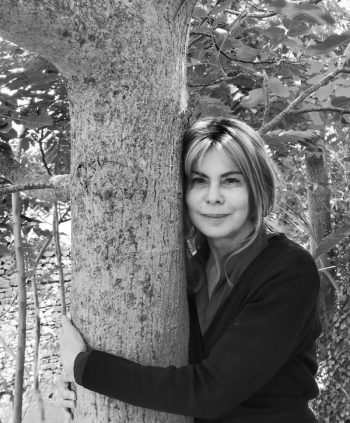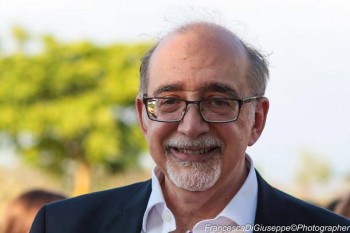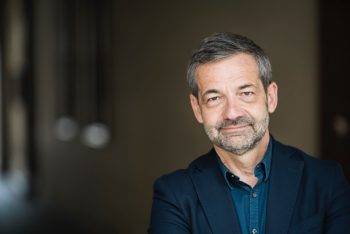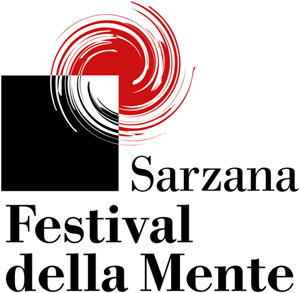2019 Programme
Event #27
Antonella Anedda Angioy, Alessandro Fo, Alessandro Zaccuri
The future of the word
Poetry is the future of the word, because it is a word that always looks to the future. This is stated by Alessandro Fo, who thanks to his skill as a philologist and poet has been able to make our contemporaries Virgil and Catullus, elaborating in the meantime a rigorous reflection on what it means to be human in the time of indifference. And on the word "future" Antonella Anedda questions herself in the final section of her latest collection, Historiae, which from the title declares its debt to Tacitus' conciseness and concreteness. Two of the most recognizable and important voices of current Italian literature in verse dialogue with each other in response to the requests of the writer Alessandro Zaccuri.
Antonella Anedda Angioy is a poet and essayist. She has received various national and international awards such as the Montale Award, Viareggio Prize and Pushkin Prize. Her translations of classical and modern poets are collected in the volume Nomi Distanti. Her latest prose volume is Geografie (Garzanti, 2021). Other works: the essay Le piante di Darwin, i topi di Leopardi (Interlinea, 2022) and her latest book of poetry Historiae (Einaudi, 2018), which has been recently published in the United States by the NYRB, in Susan Stewart's translation. The volume Tutte le poesie will soon be published by Garzanti.
ph. credits: Maria Sofia Mormile
Alessandro Fo teaches Latin Literature at the University of Siena. He translated and curated for Einaudi: Apuleius, Le Metamorfosi (2010) and La Favola di Amore e Psiche (2014); Virgilius, Eneide (2012); Catullus, Poetry (2018). Among his poetry books: Mancanze (Einaudi, 2014); Esseri umani (L’Arcolaio, 2018).
Alessandro Zaccuri writes about literature for Avvenire, the Sunday edition of Il Sole 24 Ore, doppiozero.com, and other publications. A novelist and essayist, he recently published Preghiera e letteratura (San Paolo, 2024). His forthcoming novel Le ombre, to be published by Marsilio, revisits themes explored in his earlier work Lo spregio (2016).
ph. credits: Alberto Bogo
Event #6
Alessandro Barbero
Popular revolts in Medieval Europe.
The Jacquerie of French peasants (1358)

Event #16Approfonditamente
Dario Bressanini, Lucilla Titta
Yesterday’s and tomorrow's diets. How to survive fake news?

Event #21
Paolo Colombo, Michele Tranquillini
Ernst Henry Shackleton. The hero who defeated the Arctic

Event #25
Roberto Celada Ballanti
The destiny of a community and many religions: is there a dialogue for the future of humanity?

Event #31Approfonditamente
Marco Ortenzi, Marco Parolini
The real truth about plastic and bioplastic (maybe)

Event #62didatticaMente
Alberto Pellai, Barbara Tamborini
The emotive education of the hyper-connected generation

























